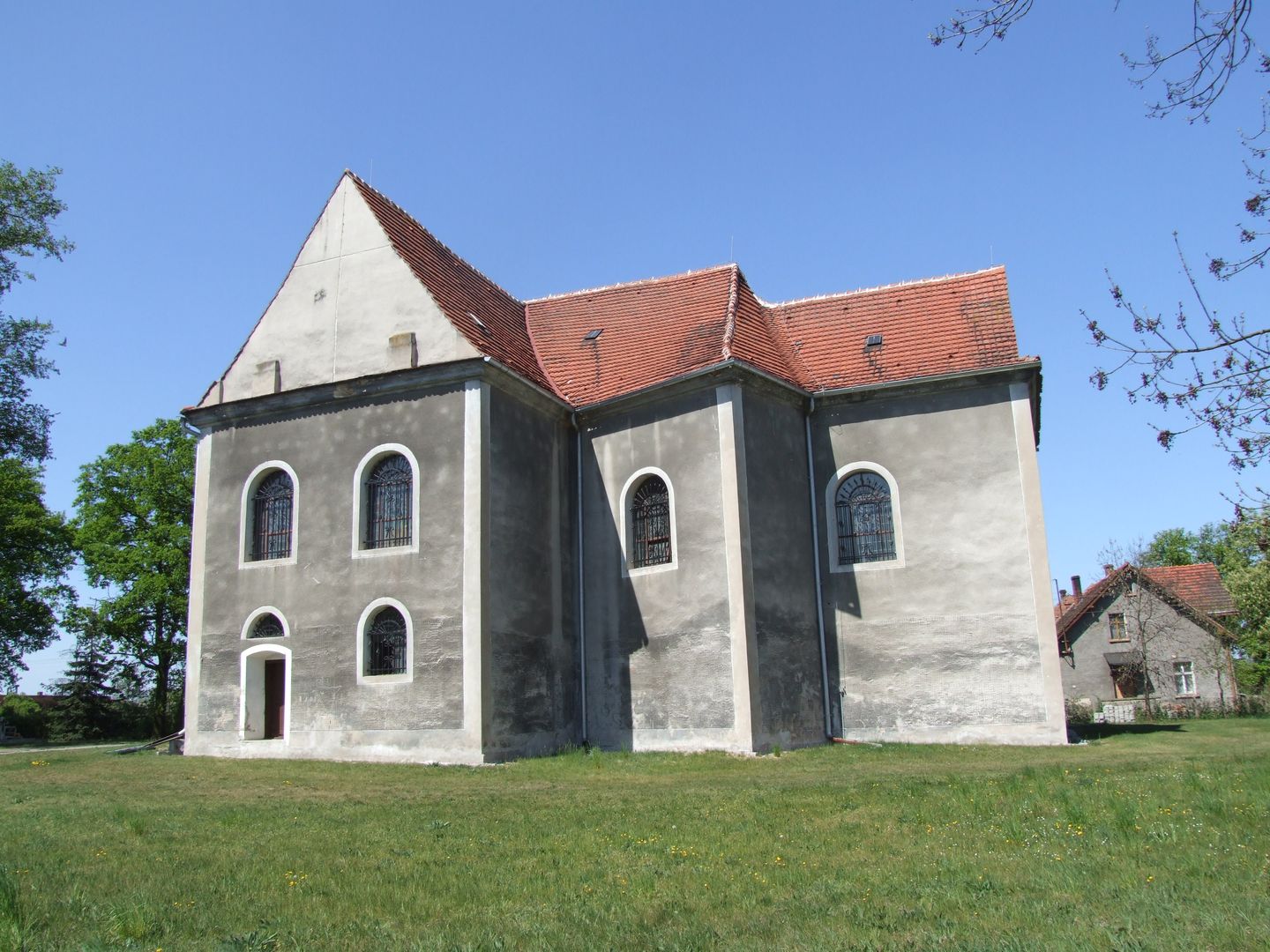Konotop
6.67

Overview
Konotop, once a town granted its rights in 1706, is today a village in the Lubusz Voivodeship with a rich history dating back to the Middle Ages. Initially established as a settlement in the 13th century, records of the local St. Anne's Church date back to 1308. Under the rule of the knightly von Zabel/Zabeltitz family, Konotop gained renown through legends of marshes where horses would sink and tales of a water spirit that dragged merchants underwater. After destruction related to German settlement, the village lost its town rights in 1742 due to Prussian requirements. During the 17th and 18th centuries, Konotop developed under various owners, with infrastructure including a manor farm, a school, a mill, and waterworks. A Renaissance manor was built, and in the 18th century, a palatial residence surrounded by a picturesque park, along with investments in land drainage and forestry management. In the 19th century, the village gained railway connections, contributing to its economic growth. After World War II, the estate was taken over by a State Agricultural Farm (PGR), and the landed property fell into disrepair. Today, Konotop features various historical monuments, including the 16th-century St. Anne's Church, a water tower, and remnants of the Foerster family mausoleum. Konotop is also a culturally vibrant place, with active local sports clubs and a Rural Housewives' Circle. Demographic data shows a 4% decline in the village's population between 1998 and 2021. The architecture of Konotop, including its preserved historical elements, reflects its rich history and the socio-economic transformations it has undergone over the centuries.
Location
2026 Wizytor | All Rights Reserved